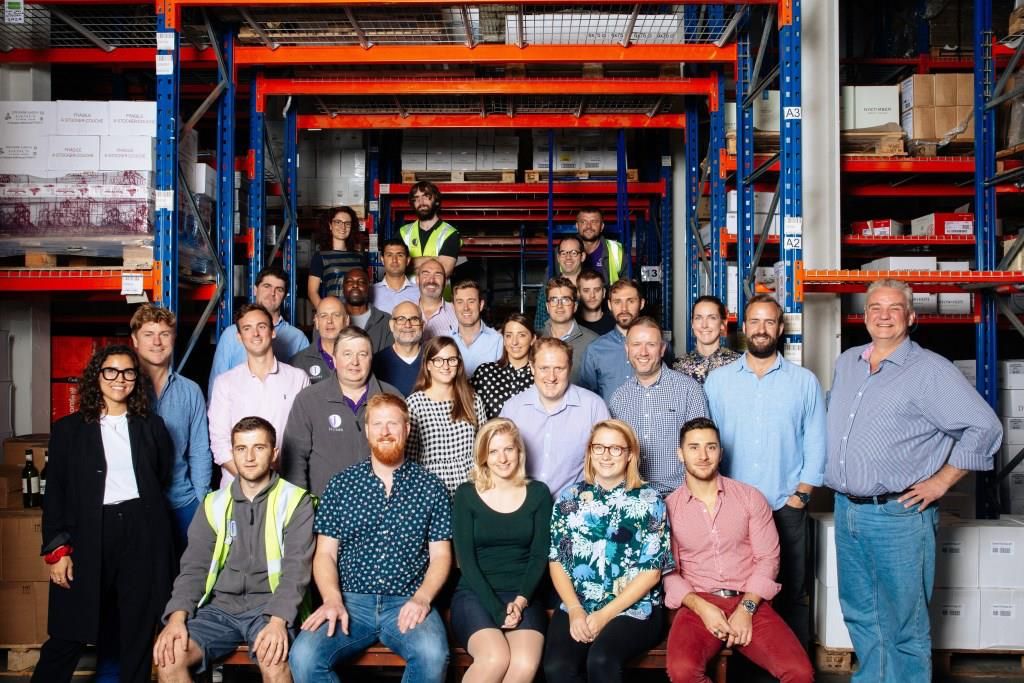The new Jascots business will have autonomy to select and sell its own wine range and trade under Jascots Wine Limited, but clearly opens up huge opportunities for its new owners, Freixenet Copestick.
Examine any major business acquisition and it is often what is not said in any resulting press statement that is the most interesting about why the deal was done. Or if it is, it’s usually tucked away at the bottom of the release.
Which is very much the case in the news that leading branded wine producer and supplier, Freixenet Copestick, has stepped in to pull on-trade distributor, Jascots Wine Merchants, out of administration and give it a new lease of life as Jascots Wine Limited.
This is a significant step for both parties. It clearly brings back to life one of the on-trade’s most respected and, up to Covid-19, successful independent distributors. But it also in one quick, and relatively inexpensive swoop, gives Freixenet Copestick, who up to now has had to rely on wholesalers and other distributors to service the all important London on-trade, potentially direct access to target premium restaurant, bar, pub or hotel in the capital and around the country.

Jascots Wine Merchants’ Miles MacInnes, right, and John Charnock will help lead the management team of the new Jascots Wine business
As it says itself in the last sentence of the statement announcing the Jascots deal: “This move makes Freixenet Copestick one of the most diverse and vertically integrated wine companies in the UK. By owning Jascots Wine Limited the company will now be a supplier to most sectors of the UK wine trade as well as having a growing business in Southern Ireland.”
Strip back the detail of this deal and it is another case of a major wine producing business looking to take as much control of its supply chain as possible. Where it can directly influence how and where its brands and wines are sold in key channels of the UK wine industry.
We have seen this before with wine suppliers like Fells, Hatch Mansfield, North & South Wines, and many more, having wine producers as their main investors, or overall or part owners. But where many of these players might do some direct selling into the on-trade and specialist independents, it is often one step removed through regional wholesalers.
What the Jascots deal does is take Freixenet Copestick, or at least its wines, directly on to a restaurant floor where it will have the opportunity, via the Jascots team, to pitch and show their wines to key target on-trade accounts.
Retail expertise
Up to now the vast majority of Freixenet Copestick’s branded portfolio is sold through the super competitive world of the major supermarkets, discounters, cash and carry, symbol and independent grocery channels. And very good it is at doing so.
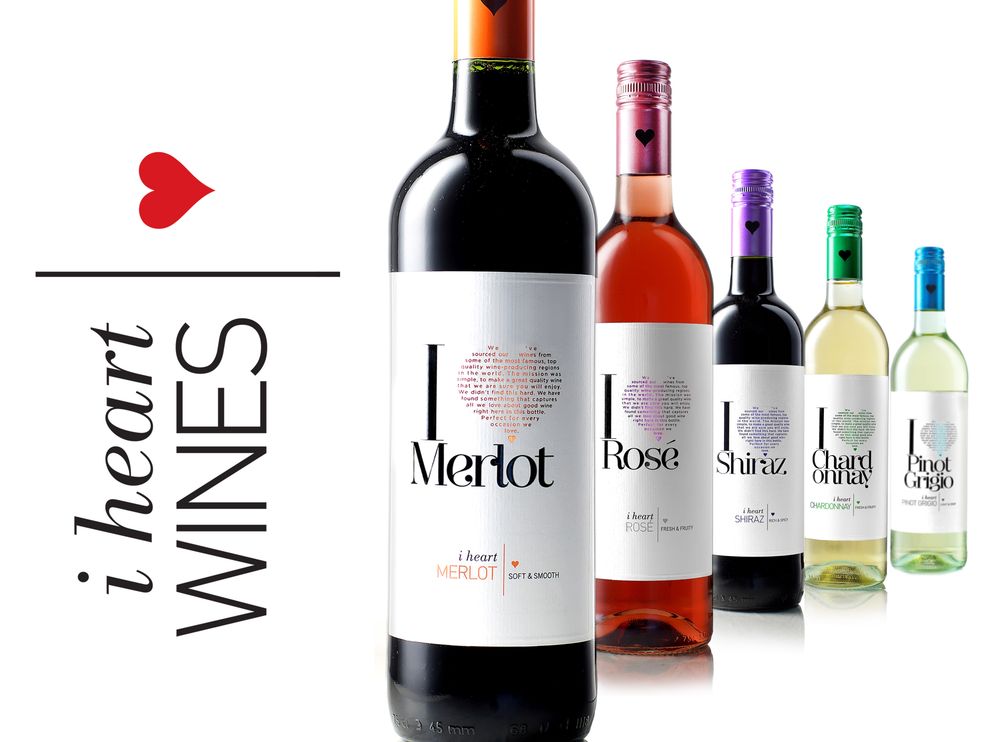
With its power brands of Freixenet and I Heart Wines, backed up with a portfolio of ever changing exclusive and bespoke brands for major retail customers, it has made itself an invaluable partner to most of the major grocers in the UK.
That is what makes it tick. That’s where its skills, its experiences, its knowledge lies. Keeping one step ahead of what a major supermarket wine buyer might want 12 months or six months from now. Knowing what everyday wine drinkers will want in their glass a year and a half down the road.
But it has traditionally not directly been involved in that final transaction, be it down a supermarket aisle or at a table in a bar or restaurant.
Understanding direct to consumer
What is particularly significant about this Jascots deal is that it comes directly on the back of earlier this month taking 100% ownership of Slurp.co.uk, the direct to consumer wine e-commerce retailer, that it has slowly been acquiring since taking a 61% stake in the business in November 2017.
That was Freixenet Copestick’s first step in taking direct control of its retail strategy. Yes, sales in Slurp are currently a small part of the overall business, but they are growing “phenomenally” as Damian Clarke, joint managing director, confirmed this week. It also puts it 100% in charge of a DTC retail business, rather than rely on the skills and disciplines of its supermarket and multiple retail customers.
We have seen major moves throughout 2020 by household consumer brands in going DTC. It has been by far the fastest growing sector in the market and will only continue to grow, even with vaccines and a more normal way of life.
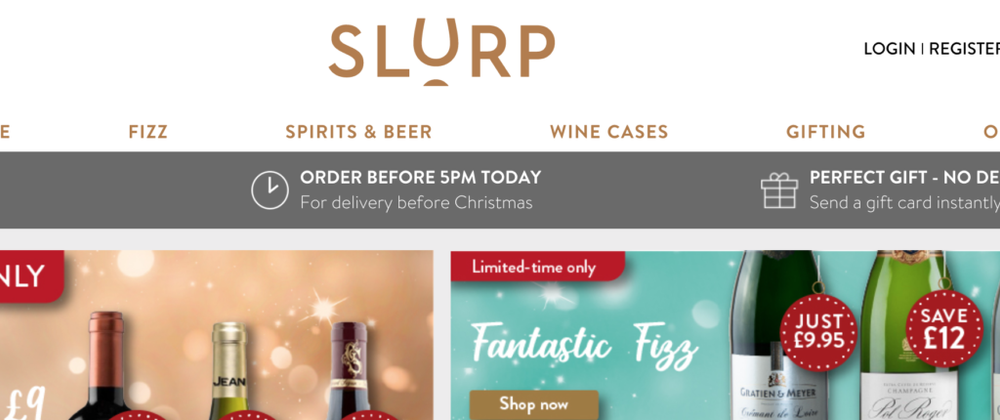
Acquiring Slurp.co.uk means Freixenet Copestick now has its own DTC channel
The Slurp acquisition makes so much sense for Freixenet Copestick for a number of reasons. Clearly it gives them a direct route to consumers for its brands, but it also allows them to trial, push, promote, listen and watch how shoppers behave online and which wines, styles are working best. As well as providing its very own retail platform to sell its wines, introduce new ones and offer exclusive deals.
But most of all it helps them understand DTC and how the ultra competitive world of online actually works. How do you drive a successful PPC (pay-per-click) strategy, and what sort of investment is needed to do so? But it also opens up new challenges like managing your online customer flows, through to picking and warehousing demands and most of all succeeding in the biggest consumer tests of online: availability and speed of delivery. It does not matter how many award winning wines you have if you can’t deliver them as quickly as possible to an increasingly more expectant and educated online consumer.
Jascots: direct route to on-trade
What it now has with Jascots is both a direct route into the on-trade, but also, vitally warehousing space in London and your own fleet of vans that can personally service every on-trade customer you work with.
The fact Freixenet Copestick clearly did not think twice about acquiring a business that had only just fallen into administration is a big vote of confidence for the underlying strength of the business and what it can go on to do. It only started negotiations with the administrators a week before striking a deal.
It was noticeably the first point that Clarke was quick to stress when we spoke on the back of the news breaking yesterday. There is after all a natural hesitancy and question mark of just how good any business is that has just gone into administration.
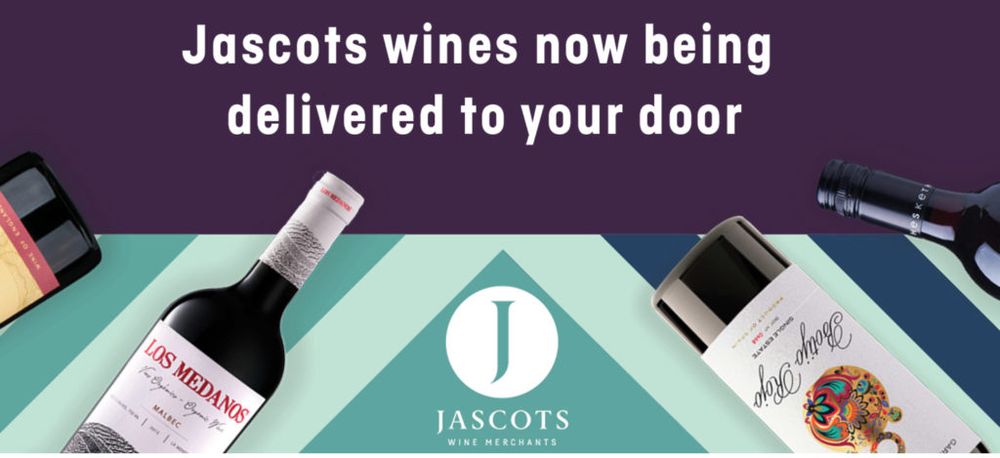
Jascots did what it could during Covid-19 to switch to online sales but it was not enough to make up for losing all its business in the on-trade
Clarke was adamant Jascots was a victim of Covid-19 circumstances and if it was guilty of anything it was having a business model that was nearly 100% reliant on the on-trade, with most of that business being in London. “This is a really good business, that just got exposed to the crisis,” says Clarke.
It is also a business that now gives Freixenet Copestick a ready made distribution arm for its “much bigger, wider portfolio of premium and boutique wines” that would be ideal for on-trade.
He admits the Jascots opportunity probably came a little quicker than they might have been ready to make a move for, but when it did “its reputation, its customer base and high regard in the sector” coupled with its existing wine range and “great service” made it the ideal opportunity.
The plan is for the current Jascots management team, headed up by Miles MacInnes and John Charnock, along with the 20 staff still in place when the deal went through, will continue to run the business as before.
“They will be in charge of their own portfolio,” stresses Clarke. “They will continue to curate their own list.”
Clearly that will see the appropriate on-trade relevant parts of the Freixenet Copestick range become a key part of that selection too, but only if it is right for their on-trade customers, says Clarke. “Ultimately they know their customer base and they have carefully built up their range over a long period of time. Where it makes complete sense to offer Freixenet Copestick wines it will give their customers more wines to choose from.”
The move is equally good news for all the producers that are also currently part of the Freixenet Copestick agency business and potentially makes the group a lot more attractive to additional producers too.

Damian Clarke says Freixenet Copestick will continue to look at future acquisitions that helps its brands have a direct route to consumers
“We are are now a very good route to market both for our wines and any producers that wants to work with us,” says Clarke.
It also helps that Freixenet Copestick has strengthened its on-trade expertise within its own team in recent months with Henry Boyes and Jon Clement having come on board from Mitchells & Butler (as head of on-trade ) and Casual Dining Group (as senior buyer and innovation manager) respectively.
It all means the Jascots deal makes even more sense and opens up opportunities for it to collaborate across the company and really strengthen its on-trade portfolio.
Bigger and better to come
The Jascots move might come as a bit of a surprise to those that only see Freixenet Copestick as a multiple off-trade focused major branded player. But that does not take into account the fact it is simply the UK arm of a much bigger business owned by Henkell, that with the Freixenet acquisition in 2018, became the world’s biggest sparkling wine player, called Henkell-Freixenet.
Henkell-Freixenet, in turn, is owned by Germany’s Dr Oetker, one of the world’s biggest branded food companies, giving Freixenet Copestick the financial backing that is pretty much without peer in the UK wine industry.
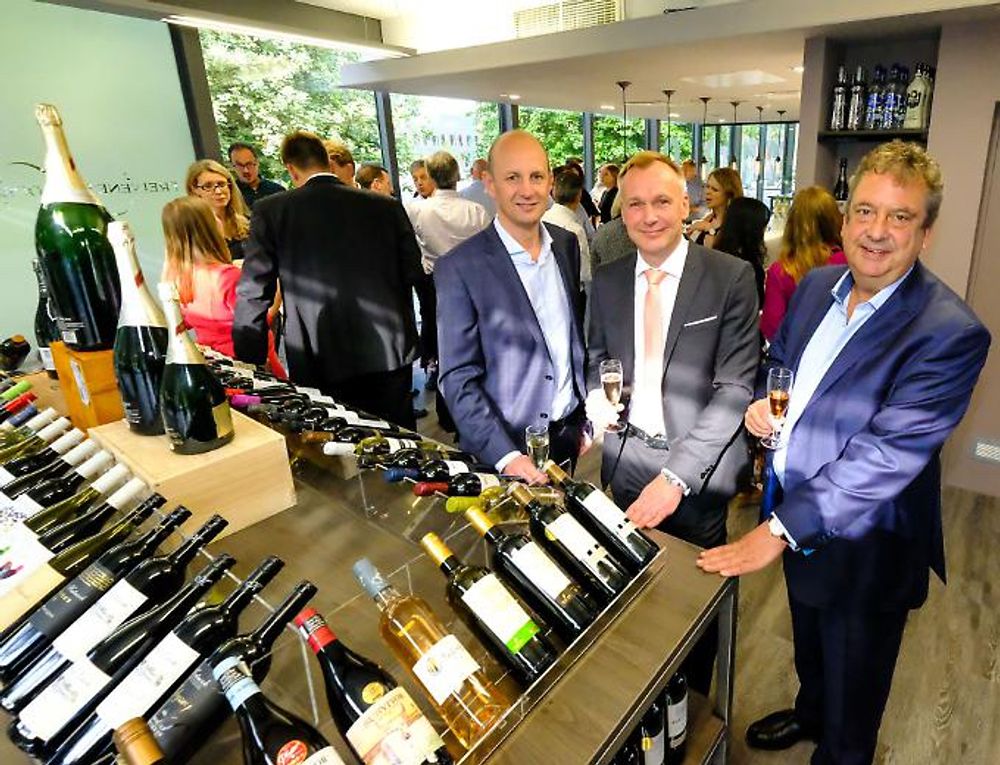
Freixenet Copestick managing directors, Damian Clarke, and Robert Copestick with Henkell’s chief executive Dr. Andreas Brokemper
It is that level of immediate commercial support that even in the midst of a global pandemic gave the Freixenet Copestick management team the financial muscle to make the Jascots deal happen so quickly, even in the knowledge that it could be at least six months before the on-trade is fully open again.
It is not likely to be the last acquisition either and Clarke, whilst understandably unwilling to go into too much detail, says it “remains acquisitive for the right opportunity down the line”.
He says the Slurp deal has given the UK business a wholly owned DTC channel and it “now has its independent and wholesale channel too”.
“We want to be where consumers want to buy their wine. We see consumers shifting to online far more and it is a great opportunity to have that direct conversation with them.”
Henkell-Freixenet’s influence in all of this should not be underestimated. The Freixenet Copestick team might be in charge of the day-to-day control of the UK operation, but it very much sits as one spoke in the very large global wheel of Henkell-Freixenet’s multinational business, where the need to be directly in contact with the end consumer in every channel it is in will be only become more important in the months and years to come.
